The secrets of Hugh Hefner and his Playboy mansion
A new A&E docuseries re-examines the life of Hugh Hefner and the culture he created as the founder of Playboy magazine. Clémence Michallon details the claims made in the programme


Secrets of Playboy, a new documentary series, re-examines the life of Hugh Hefner and the culture he created as the founder of Playboy magazine.
Composed of 10 episodes, the docuseries features interviews with former partners and business associates of Hefner, intertwined with archival footage, photos, and reconstitutions.
Holly Madison, who was Hefner’s “main girlfriend” and a resident of the Playboy mansion in the 2000s, is among the interviewees, as is former Playmate and head of promotions Miki Garcia. Sondra Theodore, a former Playmate, and PJ Masten, who assumed the role of “bunny mother” (a recruiter and handle for women hired as Playboy bunnies) in the Seventies, also share their accounts.
Ahead of the documentary’s release, the PLBY Group, the company behind the magazine and its related properties, issued an open letter seeking to separate the current Playboy magazine from Hefner, who died in 2017 aged 91.
“We want to reach out to you in light of the forthcoming A&E docuseries that we understand will recount allegations of abhorrent actions by Playboy founder Hugh Hefner and others,” the statement reads in part.
It adds: “As you know, the Hefner family is no longer associated with Playboy, and today’s Playboy is not Hugh Hefner’s Playboy.”
Secrets of Playboy airs on Mondays at 9pm ET/PT. The docuseries is also available on demand and to stream on the A&E app and aetv.com.
Here is everything we learnt from the documentary series:
Hugh Hefner allegedly kept a “mountain of revenge porn”
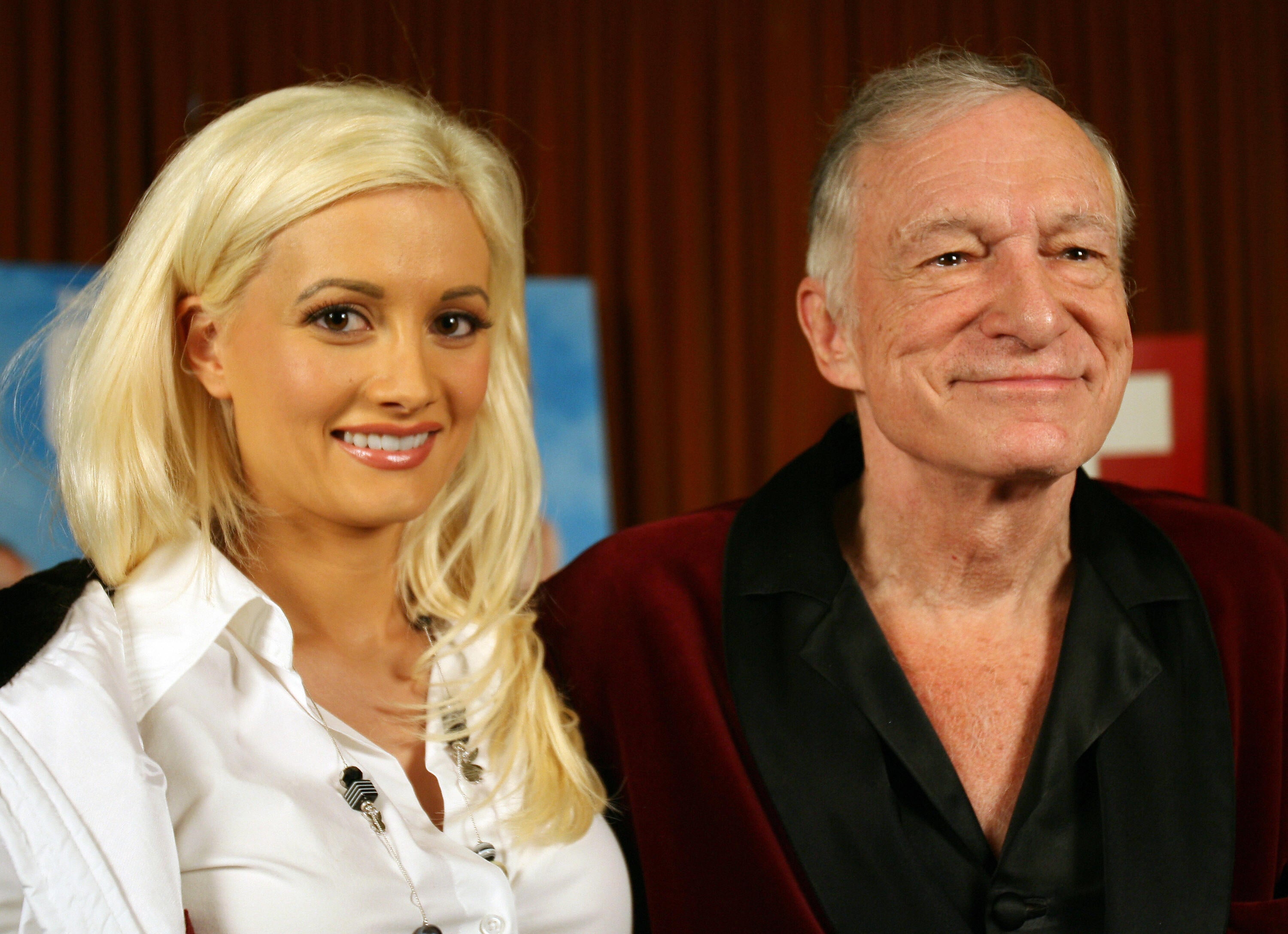

Early on in the documentary, Holly Madison explains she was once afraid to leave the Playboy mansion, because she feared a “mountain of revenge porn” would come out if she did.
“When I lived at the mansion, I was afraid to leave,” she says. “Something that was always lingering at the back of my mind, I think since the very beginning, was that if I left there was this mountain of revenge porn waiting to come out.”
According to Madison, on nights out, Hefner would take “all kinds of naked pictures of these women when we’re wasted out of our minds”, “print out eight copies for him and all the women”, and pass the photos around.
On 24 January, the same day Madison’s claims aired in the documentary’s second episode, Crystal Hefner, who was married to Hugh Hefner from 2012 until his death in 2017, said in a tweet addressed to Madison: “I found thousands of those disposable camera photos you are talking about @hollymadison. I immediately ripped them up and destroyed every single one of them for you and the countless other women in them. They’re gone.”
Madison thanked Crystal Hefner in response.
A “cult-like” atmosphere at the Playboy mansion
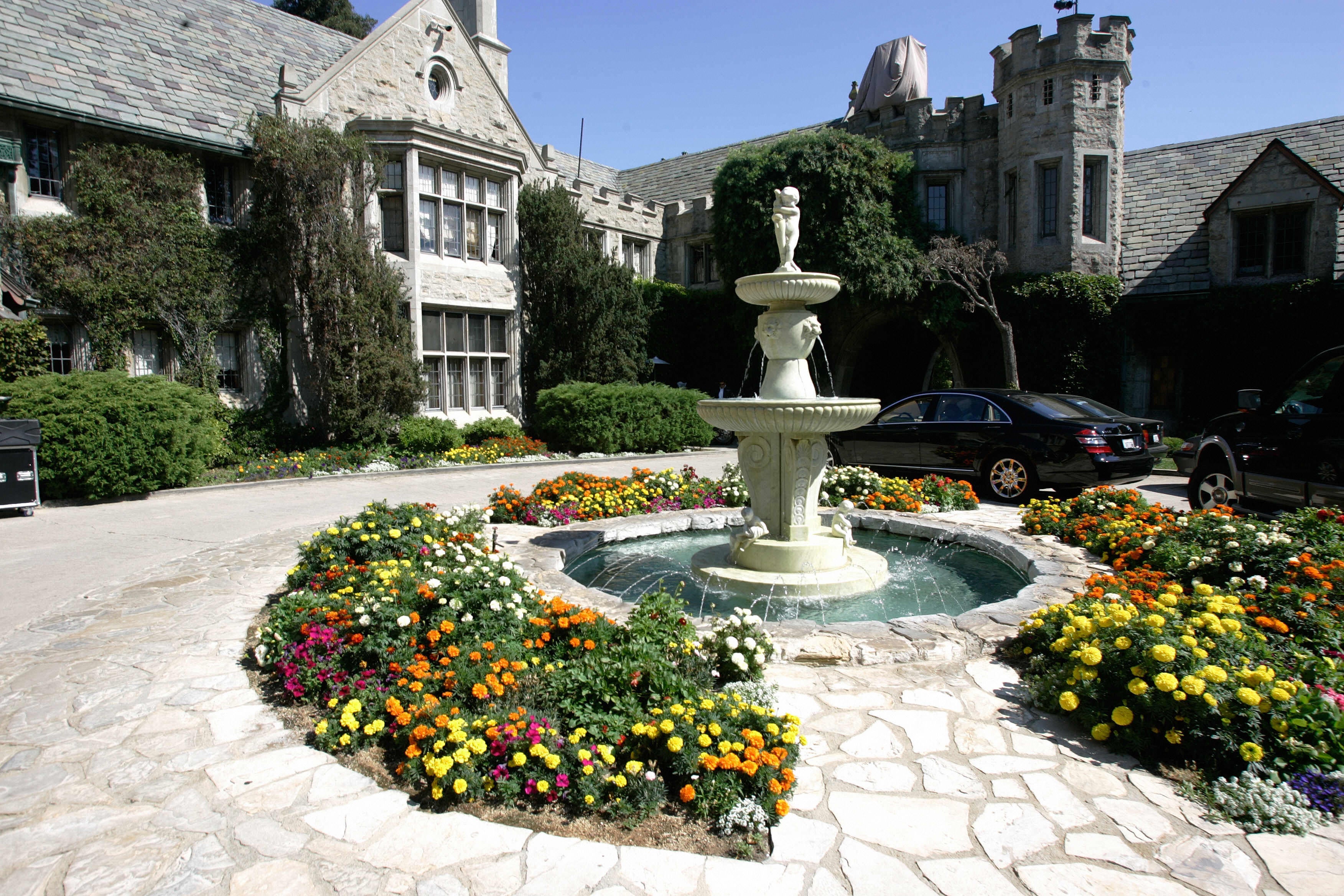

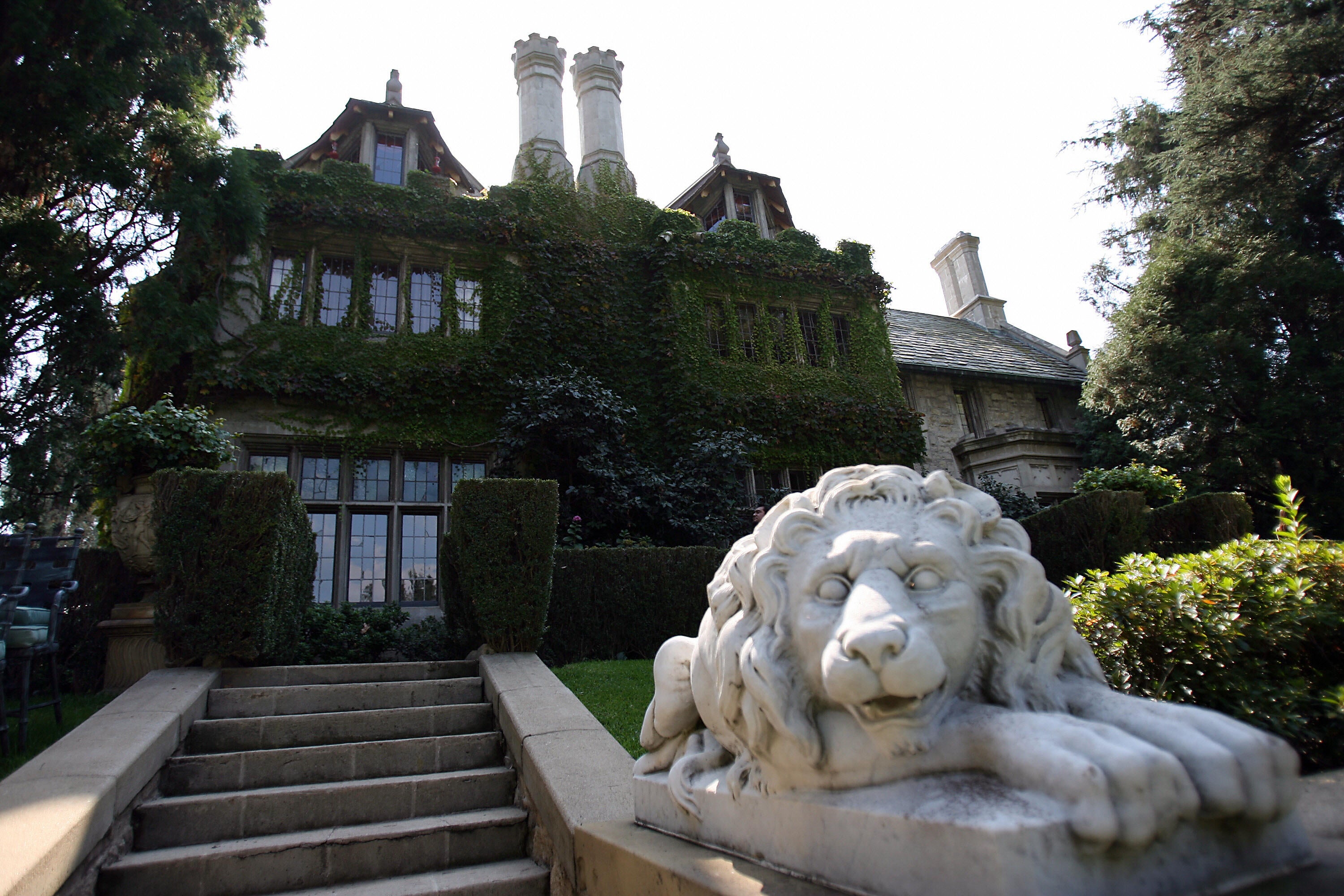
Miki Garcia, a former Playmate and head of promotions from 1973 to 1982, tells an interviewer of the culture created by Hefner as the founder of Playboy: “It was cult-like. The women had been groomed and led to believe they were part of this family. And he really did believe he owned these women.”
The documentary includes a range of claims as to what went on at the Playboy mansion, from rampant drug use to allegations of bestiality.
The mansion is also described in the series as having been an environment of “rampant sexual exploitation” and near-constant surveillance, with “cameras everywhere”.
Hugh Hefner once referred to Qaaludes as “thigh-openers”
“The first night I went out with Hef and the girls, I had it in my mind that I was going to see what happened, and if I wasn’t comfortable with it, I didn’t have to do anything,” Madison says in episode two of the docuseries.
Hefner, she adds, “leaned over and asked [her] if [she] wanted to take a Qaalude”.
According to Madison, when she told him she didn’t usually do drugs, Hefner replied: “I typically don’t either, but they used to call this thigh-openers in the Seventies”.
Qaalude, a brand name for the sedative methaqualone, was prescribed as a sleep aid in the 1970s in the US, where it was banned in 1984 due to mounting abuse.
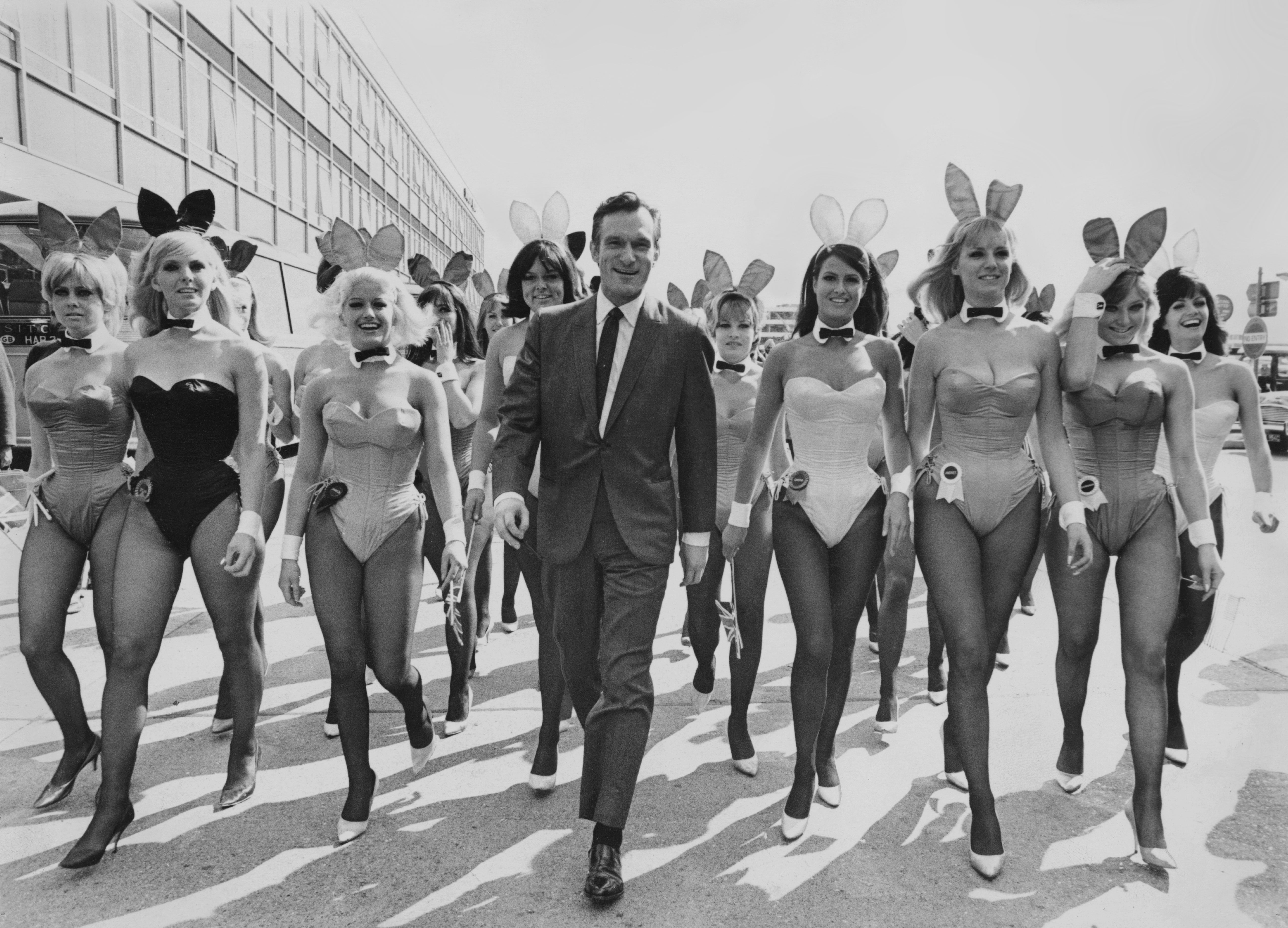
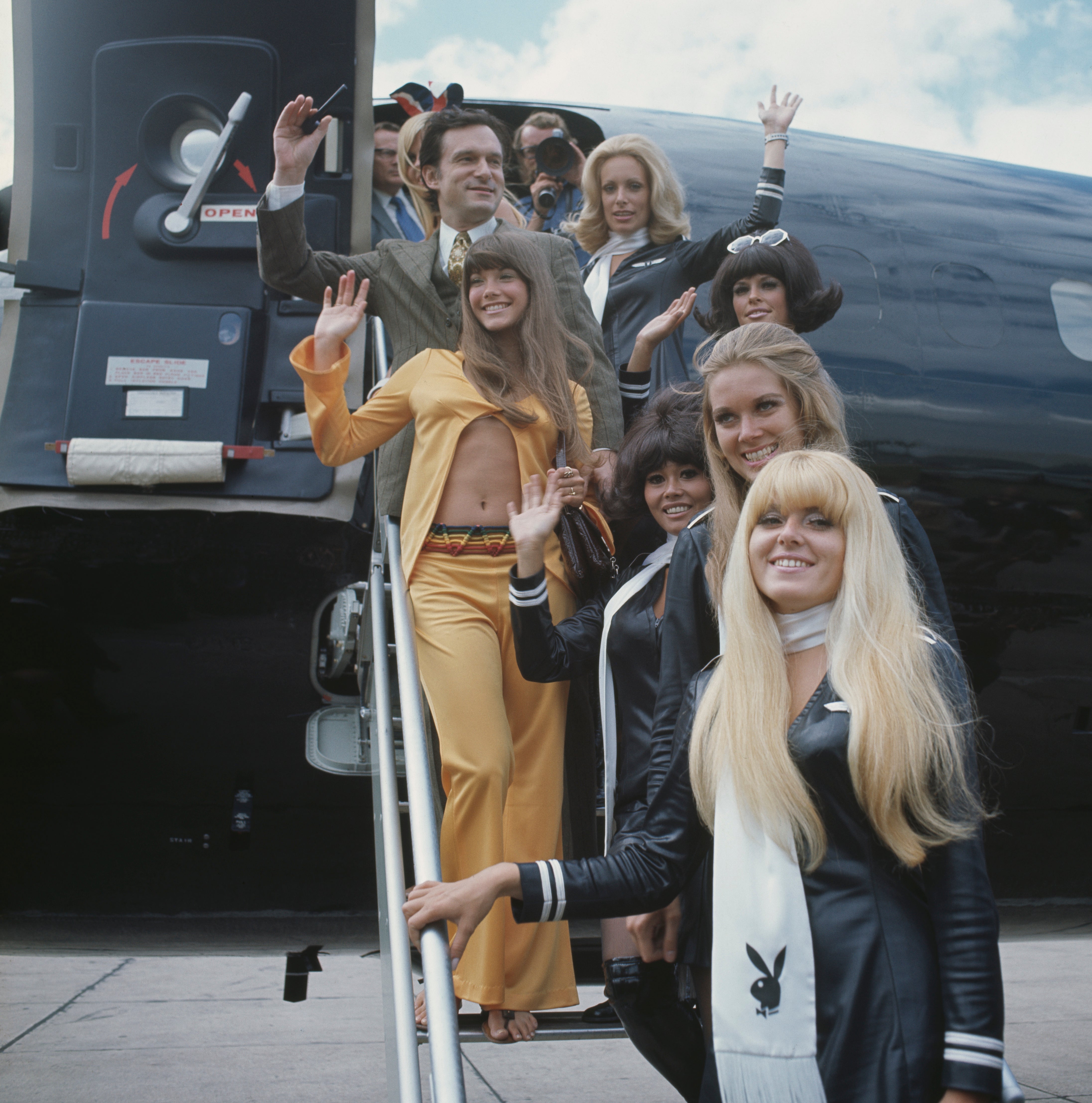
Hugh Hefner was “obsessed” with Charles Manson
Sondra Theodore, a former Playmate who dated Hefner from 1976 to 1981, says in the docuseries that Hefner was “fascinated and obsessed” with Manson at the beginning of their relationship.
According to Theodore, Hefner’s fascination had to do with Manson’s ability to surround himself with and earn loyalty from women in the Manson Family.
“[He] couldn’t talk enough about him,” Theodore says. “These women have been in jail for how many years, and when they have a chance to get out, they’re still adoring him, and they will until the day they die? Hef liked that.”
Another participant goes on to allege that Hefner owned “Manson Family home videos” shot before members of the cult committed a series of murders in 1969.
The Playboy culture expanded beyond the mansion
According to Jennifer Saginor, the author of Playground: A Childhood Lost Inside the Playboy Mansion and a participant in the documentary, “shadow mansions” or “mini mansions” emerged as time went on. These “smaller versions of the Playboy mansions” operated outside of the official Playboy brand.
“These men in Hef’s inner circle were trying to emulate what he created in his own empire at the Playboy mansion,” Saginor says. “... They would house these young girls who would come to Los Angeles looking for opportunities to become actresses or models.”
In the ‘90s, according to Saginor, the “shadow mansion system” grew and “became this predatory movement where the girls that didn’t make the cut in Playboy were being shuffled off into this underground system”.
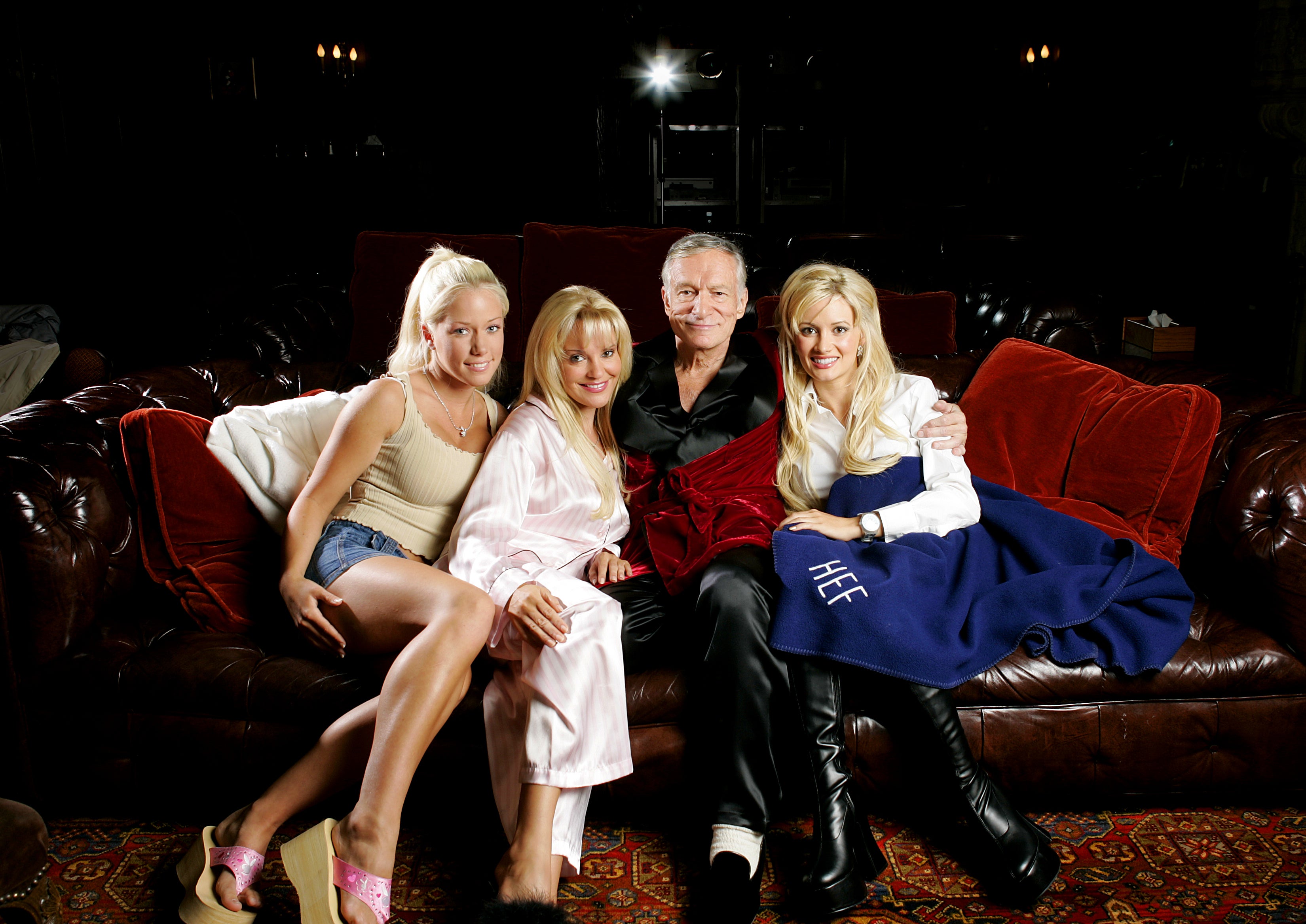
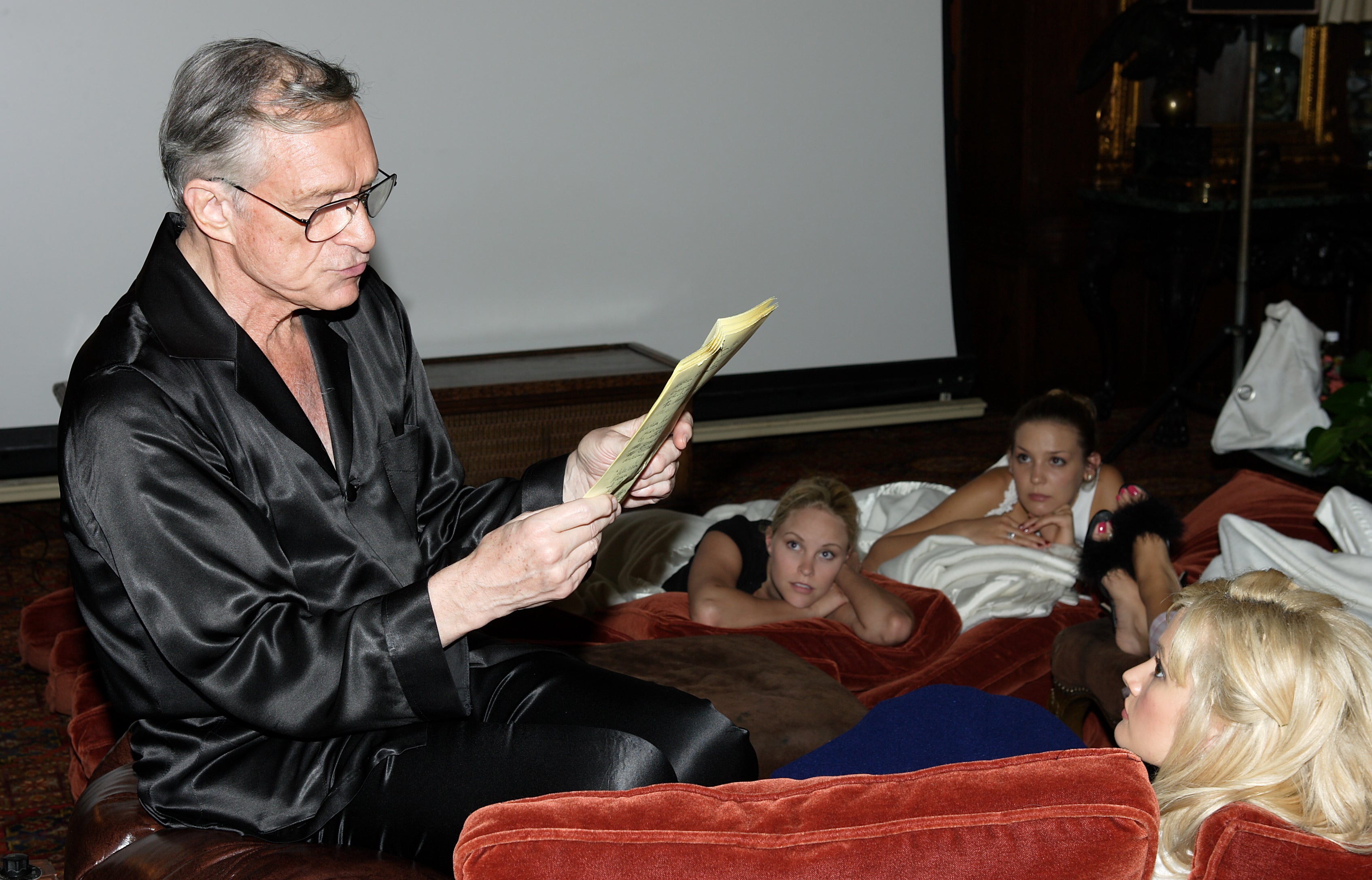
Bill Cosby and Hugh Hefner’s alleged friendship
According to Jim Ellis, a bodyguard for Hefner from 1980 to 1981, Bill Cosby “was up there [at the mansion] three to four times a week. He wasn’t there to eat lunch.”
Cosby, the documentary alleges, was “very close friends” with Hefner. PJ Masten, a former Playmate and “Bunny Mother” (a position in which she managed employees hired as Playboy bunnies), has alleged in the past that Cosby drugged and raped her at a hotel in Chicago.
In the documentary, Masten alleges that Cosby offered her a drink. “He gave me the glass, I took two sips, and that’s the last thing I remember until four o’clock the next morning,” she adds. “I woke up in bed, naked, and I looked to my left, and there he was, naked, sleeping next to me.” According to Masten, she was bleeding following the alleged assault.
Masten alleges that when she tried to tell someone, she was told: “That’s Hefner’s best friend. I suggest you shut your mouth if you want to keep your job.’”
Cosby has repeatedly denied all allegations made against him. In June 2021, a Pennsylvania court overturned his previous sexual assault conviction after ruling that the prosecutor in the case had been bound by an agreement entered by his predecessor, per which he had promised not to charge Cosby. The Independent has contacted Cosby’s attorney for further comment.

Hugh Hefner allegedly raped a Playmate
Former Playmate Susie Krabacher alleges Hugh Hefner raped her at the Playboy mansion in the 1980s. She says she was worried about the impending pick of Playmate of the Year and went to discuss the matter with Hefner.
“I had my speech ready, I was going to ask him if he’d thought about Playmate of the Year, that I would commit myself as a spokesman and I’m really good at it and well-read even though I didn’t even finish tenth grade,” she says.
At this point, Krabacher alleges that Hefner told her he was going to give her “something to calm you down”.
“He gave me a pill and a soda, and I just took it, not thinking much about it,” she says. “At first it didn’t dawn on me that it was a drug. … And then I thought, ‘OK, what did I just take?’”
Krabacher says she doesn’t remember lying down or whether a conversation ever happened about the Playmate of the Year pick.
“I woke up with him on top of me,” she says. “He was naked and my pajama bottoms were off. I thought that I was having a nightmare, because it didn’t seem possible. … This old man, with his mouth gaping open was a real thing. He was a real person. It was Hefner.”
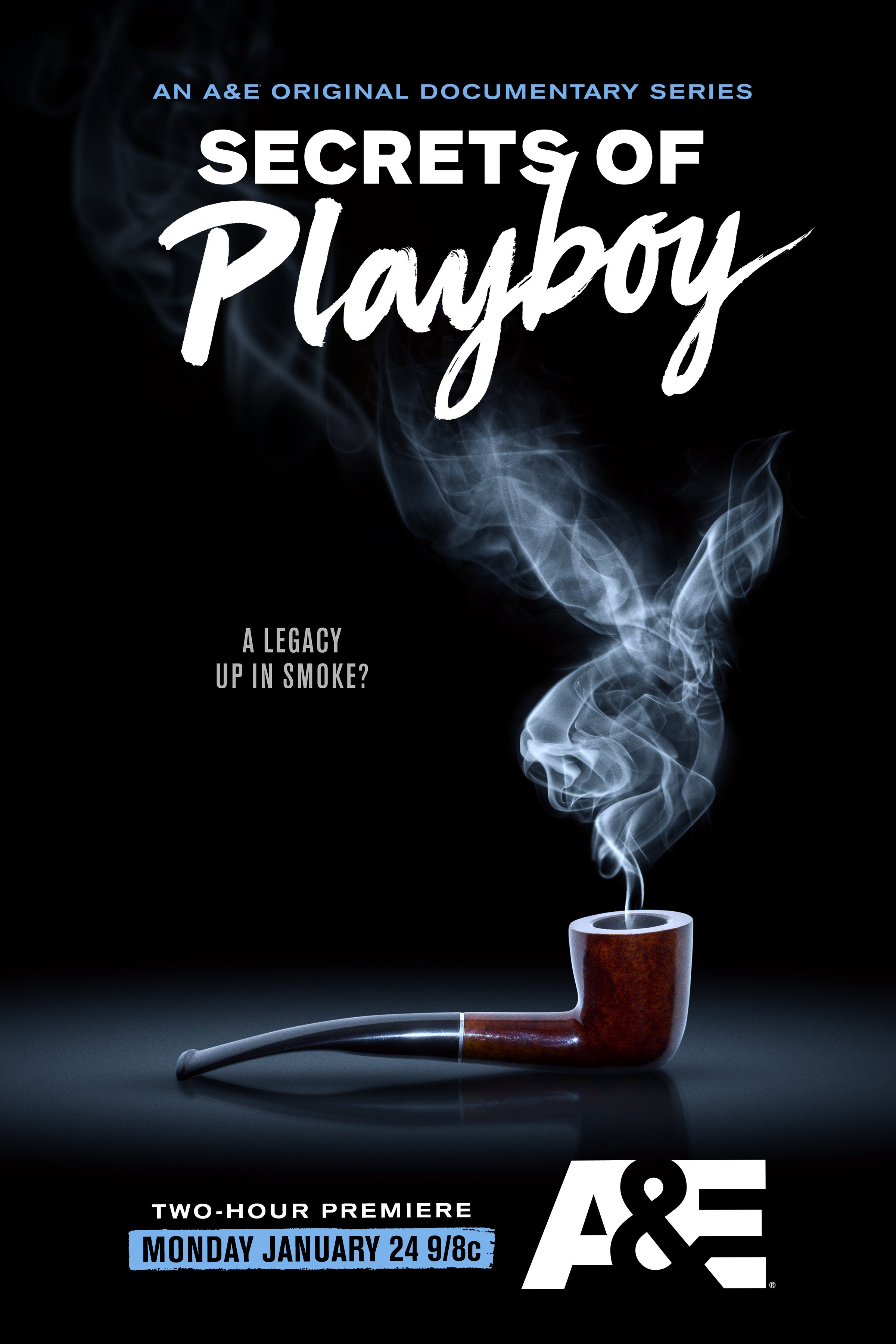
A “massive clean-up”
PJ Masten alleges that two “baby bunnies” (newly trained Playboy bunnies) were attacked after Don Cornelius, the host of the TV show Soul Train, invited them back to his house saying he was going to have a party.
“They decided to go to the party thinking it was just a party,” Masten says.
“These two young girls got in his Rolls Royce and went up to his house, and we didn’t hear from them for three days and couldn’t figure out where they were,” she adds.
According to Masten, the two young women were “at Don Cornelius’s house, and they were separated – one was locked in one room and the other was in another room”, “tied up and bound”, and sexually assaulted with “wooden objects”.
One of them managed to leave the house and make a phone call, after which the women were located. According to Masten, the “rules” dictated no one called the police and let “Playboy security” handle the aftermath instead, while keeping the alleged incident “out of the press”.
“I blame myself a lot. I have such guilt about not coming forward, but I knew the establishment wouldn’t allow me to come forward,” Masten says. “And who’s going to believe me? Nobody’s going to believe me. … But these young girls, what they went through, nobody has any idea. My job was to pick up the pieces. I had to pick up the pieces of these kids.”
Bookmark popover
Removed from bookmarks